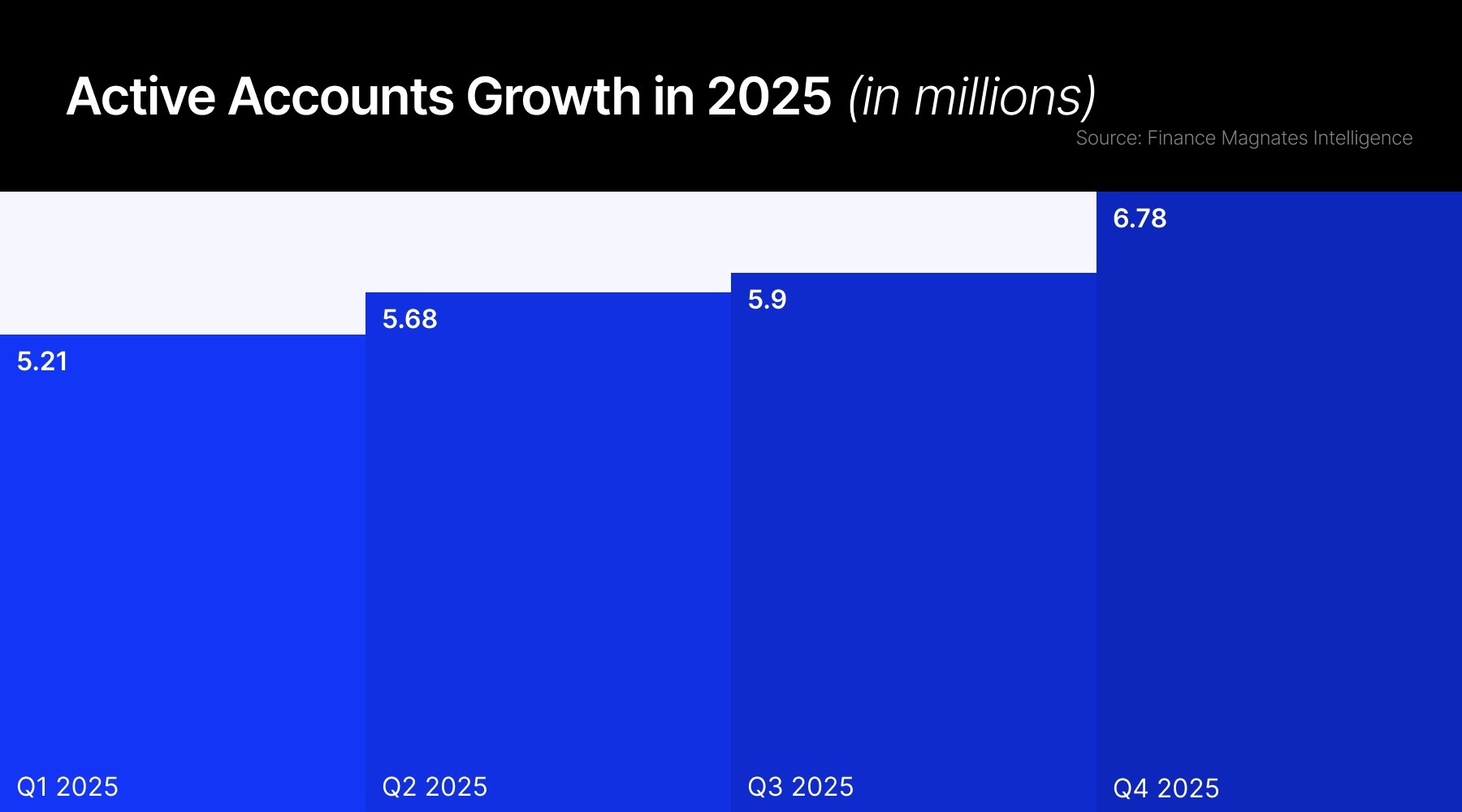Artificial Intelligence-powered fintech companies in Asia are expected to raise $65 billion in funding by 2025. According to the latest research, recent developments suggest that AI-fintech firms could face unprecedented growth in the region.
The report by UnaFinancial noted that from just over 1,200 companies in 2015, the number of AI-focused fintech firms in Asia is expected to surpass 7,200 by 2025. This represents 7% of the region’s total fintech landscape, a significant jump from 3.6% in 2015.
Although the growth of fintech firms has been steady in Asia, recent developments suggest that the next few years could experience unprecedented momentum because the growth of AI in the fintech space has been remarkable. The countries leading this growth are India, China, Singapore, and Israel.
Growth in AI Fintech Companies
Although the pace of growth has slowed since the pandemic, the sector continues to expand with a combination of new startups and existing fintech firms integrating AI technology. UnaFinancial’s study highlights that AI fintech is becoming a vital component of the broader financial technology ecosystem in Asia. Funding for AI fintech in Asia is poised for a strong recovery after a dip in 2023.
According to projections, investment in AI-powered fintech companies will rise from $60.4 billion in 2023 to $65.5 billion in 2025. This growth indicates renewed interest from investors who are betting on AI to boost the financial industry. If global economic conditions stabilize, this could further amplify investor confidence, leading to a potential surge in the sector’s funding.

The projected growth in funding reportedly reflects increased interest in AI and the growing recognition of the value AI brings to fintech, including efficiency, personalization, and security in financial services.
India leads the key players driving AI fintech growth, accounting for 41.7% of all AI fintech companies in Asia. India’s rise is driven by the country's vast fintech ecosystem and government support for AI adoption in financial services.
Funding on the Rise
China, with its massive economy, follows at 12.2%, while Singapore (9.8%) and Israel (9.6%) round out the top four. In Israel, the fintech ecosystem benefits from a high standard of living and a strong culture of innovation. These conditions create a conducive environment for AI-driven startups to thrive.
As AI fintech companies continue to expand, the region could see further advancements in areas such as automated financial services, AI-driven lending platforms, and enhanced fraud detection systems.
The next phase of growth may involve deeper integration of AI into traditional financial institutions, partnerships between fintech startups and banks, and increasing use of AI for personalized customer experiences.


















